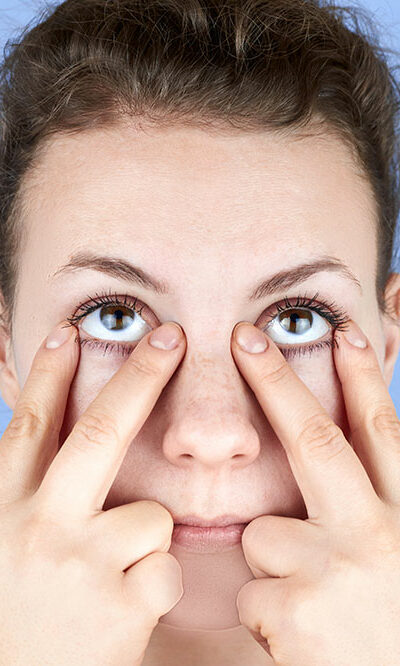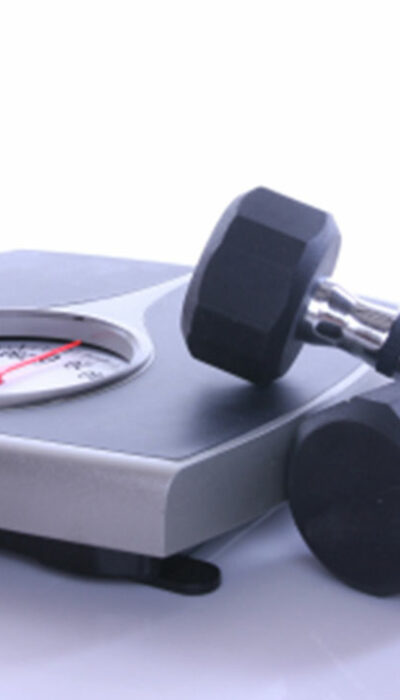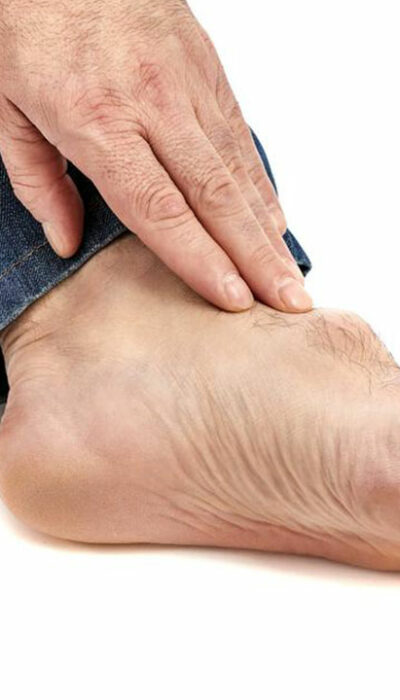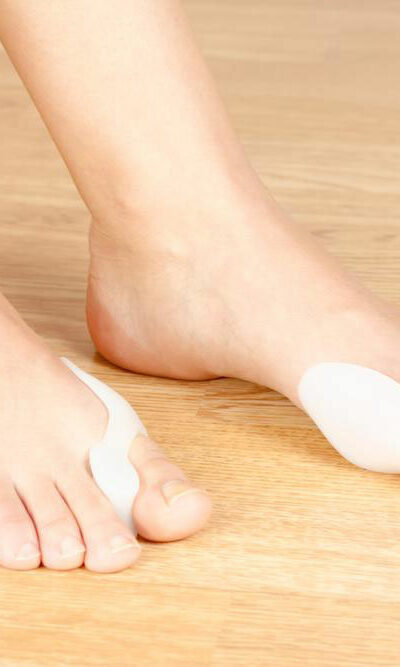
Most Essential Vitamins for Improving Brain and Memory
Brain health and memory can be enhanced with the help of right vitamins. Memory loss is a great concern for many people as they age and, eminent doctors recommend increased intake of necessary vitamins to improve brain health. Here are some of the most effective brain & memory vitamins. Vitamin B12 Vitamin B12 is an essential vitamin for brain health. Although you do not need it in large quantities, it is unavoidable. The human body requires less than three micrograms and it can be acquired by eating 6 to 8 ounces of animal flesh daily. If you eat one whole chicken breast or 2 eggs, you will get the needed quantity. Normally, supplementation is not needed if people consume meats. B12 plays a big part in creating new red blood cells and it also controls nerve transmissions. In DNA synthesis, this vitamin plays a big part as well. Other essential functions of vitamin B12 include efficient energy cycle of metabolism and improved blood functions. All these aspects have a big role to play in improving your brain health. The best source of B12 is naturally raised animal flesh. Folate It has been found out that B Vitamins are highly effective in enhancing alertness, focus, memory, and energy. Folic acid maintains the oxygen in your blood and it gets engaged in the process of producing healthy blood. Even a slight deficiency can lead to tiredness. Moodiness and distractedness follow it. If you miss a single meal, you may have to deal with folate deficiency because the human body does not store folate. If you have a folate deficiency, supplementation is needed to keep the levels normal. When it comes to memory recall, folate is a very critical vitamin. It helps your retrieve stored information from the memory. Vitamin E Although there is some debate on the effectiveness of vitamin E when it comes to treating heart health, nobody can disagree with the fact that it enhances the brain health.










